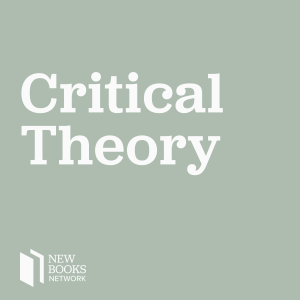
Carmen Martínez Novo, "Undoing Multiculturalism: Resource Extraction and Indigenous Rights in Ecuador" (U Pittsburgh Press, 2021)
 2022-08-18
2022-08-18
Download
Right click and do "save link as"
President Rafael Correa (2007-2017) led the Ecuadoran Citizens’ Revolution that claimed to challenge the tenets of neoliberalism and the legacies of colonialism. The Correa administration promised to advance Indigenous and Afro-descendant rights and redistribute resources to the most vulnerable. In many cases, these promises proved to be hollow.
Using two decades of ethnographic research, Undoing Multiculturalism: Resource Extraction and Indigenous Rights in Ecuador (University of Pittsburgh Press, 2021) by Dr. Carmen Martínez Novo examines why these intentions did not become a reality, and how the Correa administration undermined the progress of Indigenous people. A main complication was pursuing independence from multilateral organizations in the context of skyrocketing commodity prices, which caused a new reliance on natural resource extraction. Indigenous, Afro-descendant, and other organized groups resisted the expansion of extractive industries into their territories because they threatened their livelihoods and safety. As the Citizens’ Revolution and other “Pink Tide” governments struggled to finance budgets and maintain power, they watered down subnational forms of self-government, slowed down land redistribution, weakened the politicized cultural identities that gave strength to social movements, and reversed other fundamental gains of the multicultural era.
This interview was conducted by Dr. Miranda Melcher whose doctoral work focused on post-conflict military integration, understanding treaty negotiation and implementation in civil war contexts, with qualitative analysis of the Angolan and Mozambican civil wars.
Learn more about your ad choices. Visit megaphone.fm/adchoices
Support our show by becoming a premium member! https://newbooksnetwork.supportingcast.fm/critical-theory
view more
More Episodes
012345678910111213141516171819
Create your
podcast in
minutes
- Full-featured podcast site
- Unlimited storage and bandwidth
- Comprehensive podcast stats
- Distribute to Apple Podcasts, Spotify, and more
- Make money with your podcast
It is Free
- Privacy Policy
- Cookie Policy
- Terms of Use
- Consent Preferences
- Copyright © 2015-2024 Podbean.com





